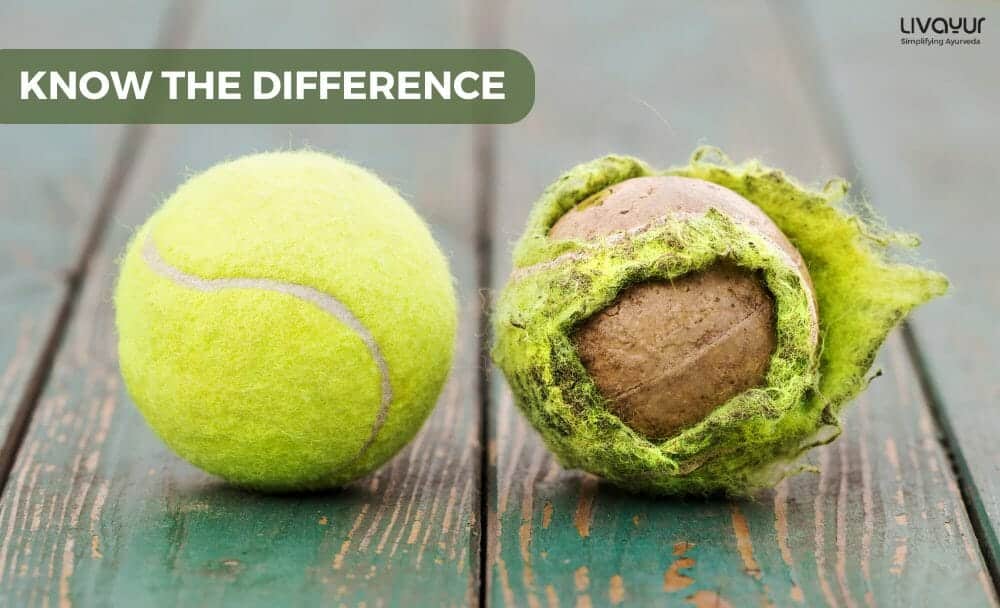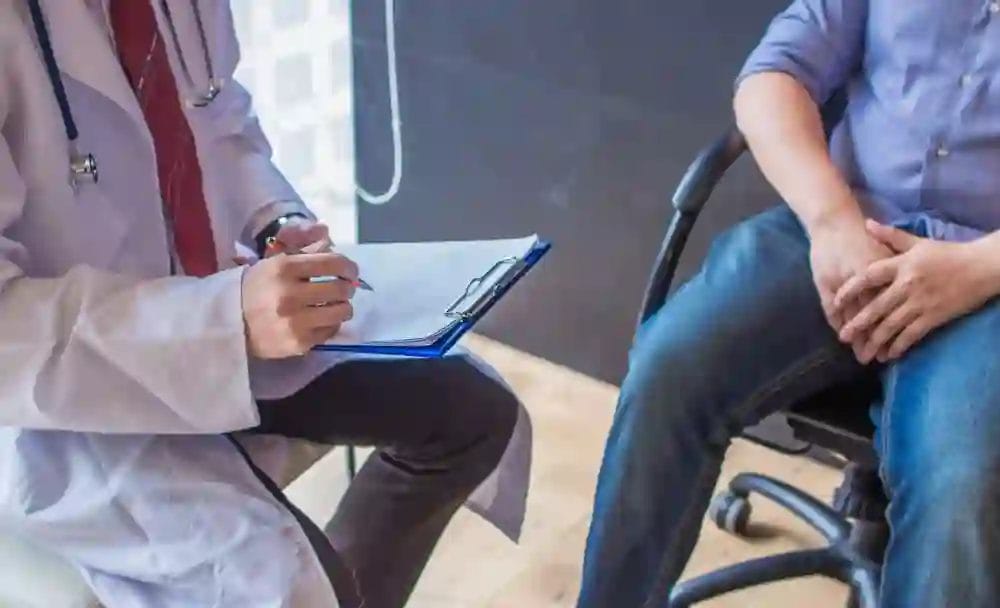This article is reviewed by an expert
Testicular cancer is a type of cancer that develops in the testicles, which are the male reproductive organs responsible for producing sperm and testosterone. Testicular cancer is considered relatively rare, accounting for about 1% of all male cancers. The incidence of testicular cancer in India is estimated to be 0.5 cases per 100,000 men per year, which is even lower than in most other countries [1].
Causes of Testicular Cancer
We still don’t understand the precise testicular cancer causes, but there are several risk factors that are widely recognized. These include [2]:
- Age – It is the most common cancer in men aged 15 to 35 years.
- Family History – Having a family history of testicular cancer increases the risk of developing the disease.
- An Undescended Testicle – Men who have a testicle that did not properly descend into the scrotum during fetal development are at higher risk of testicular cancer.
- Abnormal Testicular Development – Men with a condition called Klinefelter syndrome, in which they are born with an extra X chromosome, have a higher risk of developing testicular cancer.
- HIV Infection – Men with HIV are at greater risk of testicular cancer.
- Environmental Factors – Exposure to certain environmental toxins, such as pesticides and chemicals, may increase the risk of testicular cancer.
Symptoms of Testicular Cancer
A testicular cancer lump or swelling in one of the testicles is the most common warning signs of testicular cancer. Other testicular cancer symptoms may include [3]:
- Pain or discomfort in the testicle or scrotum
- A feeling of heaviness in the scrotum
- Enlargement or tenderness of the breast tissue (due to high levels of hormones produced by the tumour)
- Back pain or abdominal pain (if the cancer has spread to other parts of the body)
It’s important to note that these symptoms can be caused by conditions other than testicular cancer, such as an infection or injury.
Diagnosing Testicular Cancer
Testicular cancer is typically diagnosed through a variety of tests including [4]:
- Physical Examination – During a physical exam, your doctor will examine the testicles for any lumps, swelling, or changes in size or shape.
- Ultrasound – This imaging test can help determine if a lump is solid (which could indicate cancer) or fluid-filled (which is usually benign).
- Blood Tests – Blood tests can measure levels of certain proteins in the blood that may be elevated in men with testicular cancer.
- Biopsy – In some cases, a biopsy may be needed to confirm a diagnosis of testicular cancer. During a biopsy, a small sample of tissue is removed from the testicle and examined under a microscope.
Not all lumps or swelling in the testicles are cancerous, but it’s important to seek medical attention promptly at the earliest as an early diagnosis can greatly improve testicular cancer treatment outcomes.
Modern Testicular Cancer Treatment
Healthcare providers can recommend different treatments and combinations of therapy, depending on the type and stage of the cancer, as well as the patient’s health [5].
- Surgery: Surgery to remove the affected testicle is typically the first step in treating testicular cancer. Performed under general anaesthesia, this procedure is called a radical inguinal orchiectomy. In most cases, only one testicle is affected, and the remaining testicle can still produce enough testosterone and sperm for normal sexual function and fertility.
- Chemotherapy: Chemotherapy may be used before or after surgery, depending on the type and stage of the cancer. Chemotherapy drugs can be given orally or through an IV and are used to destroy cancer cells.
- Radiation Therapy: Radiation therapy uses high-energy beams to kill cancer cells. It may be used after surgery to kill any remaining cancer cells or to treat cancer that has spread to other parts of the body.
- Surveillance: In some cases, men with early-stage testicular cancer may be closely monitored without immediate treatment. This approach is known as surveillance and involves regular physical exams, blood tests, and imaging tests to check for any changes or signs of cancer recurrence.
Role of Ayurveda in Cancer Treatment (6) (7)
Ayurveda has gained immense popularity in recent years for its role in cancer treatment. Ayurvedic preparations have been found to be effective in fighting tumours and are often used as co-therapy along with chemotherapy or radiotherapy. They can also be beneficial in post-surgery care and help minimize the side effects of these therapies.
In cases where chemotherapy, radiotherapy, or surgery is contra-indicated due to some reasons and patients have no other choice, Ayurvedic preparations can help to slow the progress of cancer.
The cell-protective activity of drugs prescribed in Rasayana therapy can also improve the comfort and quality of life of people with cancer.
Some popular herbs mentioned in Ayurveda with anticancer properties include Kalmegh, Pippali, Giloy, Haridra, Lahsun, Arka,
Conclusion
Testicular cancer is survivable, making it important to recognize the warning signs and seek quick medical care. When diagnosed and treated in the early stages, survival rates for testicular cancer are over 99% [8].
Disclaimer: This article is written from a health & lifestyle perspective. Please consult a trained medical practitioner at all times. These are general information only and are not intended to replace professional advice or treatment.
References:
- https://www.ncbi.nlm.nih.gov/pmc/articles/PMC3804606/
- https://www.nhs.uk/conditions/testicular-cancer/
- https://www.cancer.org/cancer/testicular-cancer/detection-diagnosis-staging/signs-and-symptoms.html
- https://www.cancer.org/cancer/testicular-cancer/detection-diagnosis-staging/how-diagnosed.html
- https://www.cancer.gov/types/testicular/patient/testicular-treatment-pdq
- https://pubmed.ncbi.nlm.nih.gov/24906836/
- https://www.researchgate.net/publication/267819645_AYURVEDA_FOR_CANCER_THERAPY
- https://www.cancer.org/cancer/testicular-cancer/detection-diagnosis-staging/survival-rates.html


















